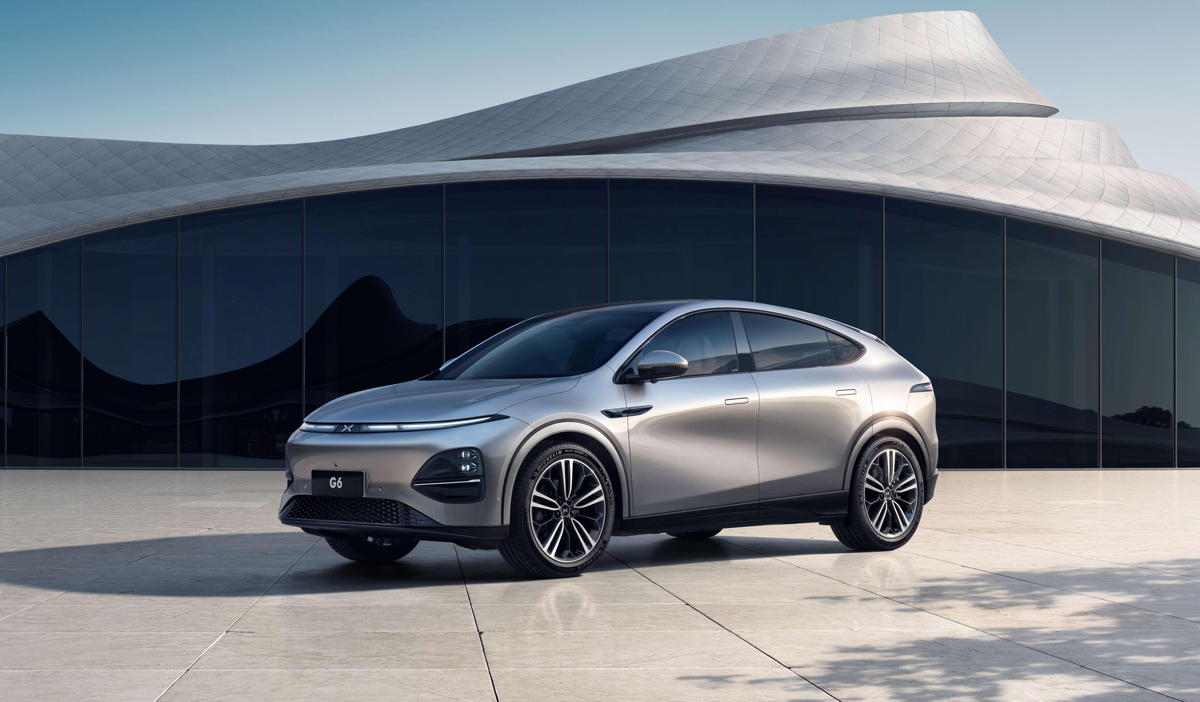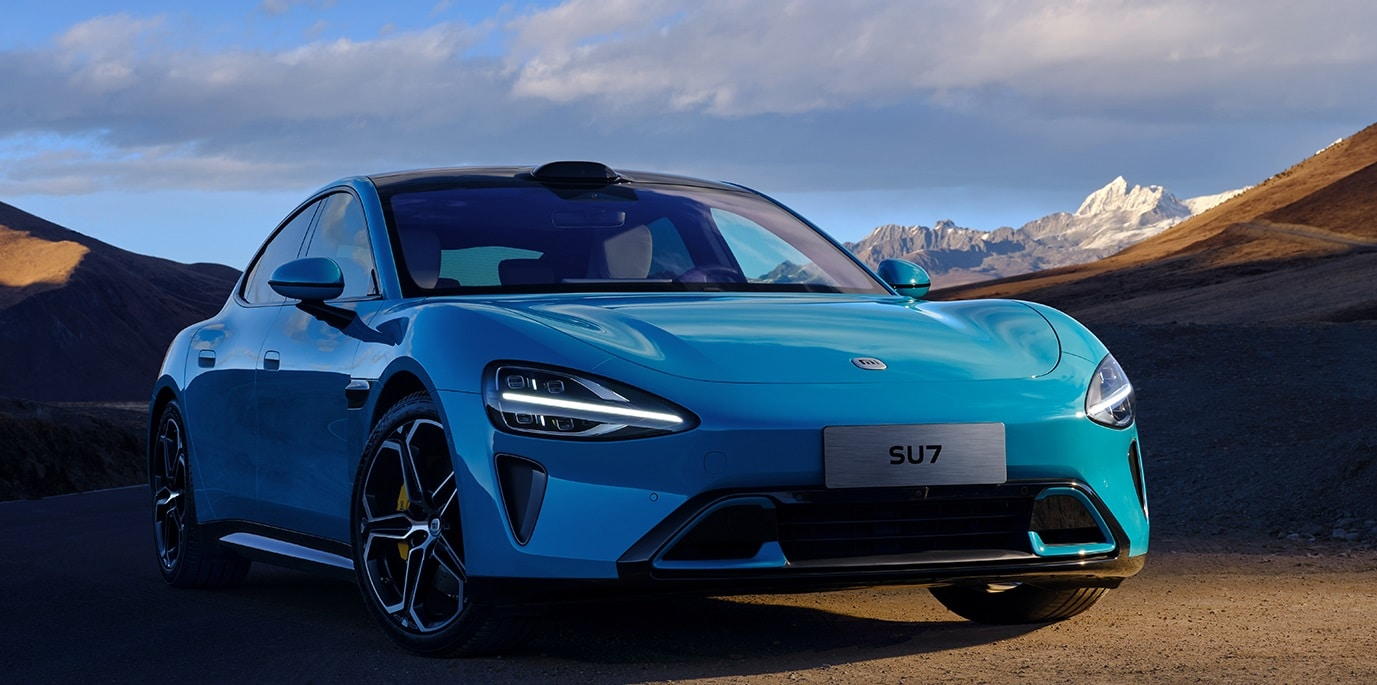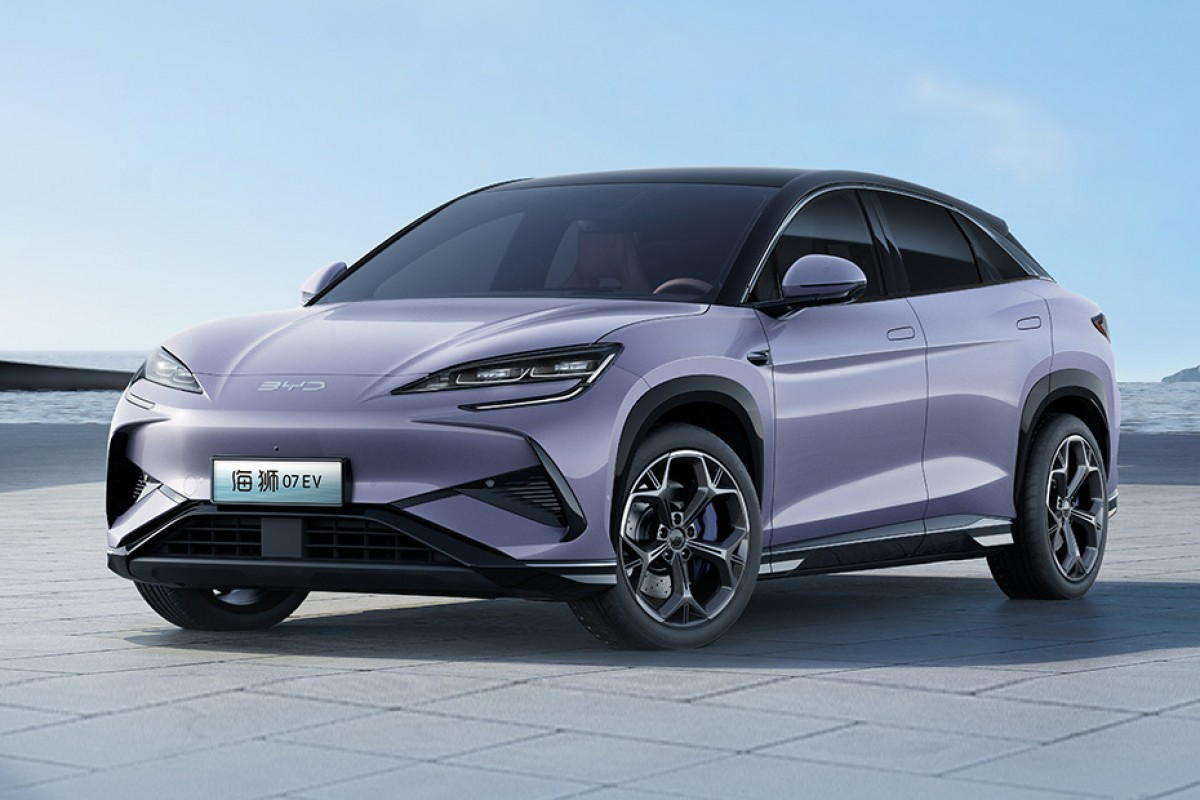China’s Premium EV Makers See Deliveries Surge In June

China’s top three premium EV makers see boost in deliveries in June, but incentives and discounts make profitability harder goal
China’s three largest premium electric vehicle (EV) makers reported strong delivery figures for June, but the numbers were fuelled by discounts and incentives that affect their longer-term ability to reach profitability.
The largest of the three, Li Auto, reported a 36.4 percent rise in deliveries to 47,774 units, nearly reaching its all-time high of 50,353 in December.
The firm in May began offering incentives to lure users to its swappable-battery system, which involves using a network of automated service points to quickly remove a spent battery and replace it with a charged one, eliminating the need to recharge.
Under its promotion users are exempt from paying swappable battery rental fees for 12 months, amounting to 8,736 yuan ($1,202, £950).

Incentives
Nio, the second-biggest, set its top delivery figure for the second consecutive month with deliveries of 21,209, up 3.2 percent over May.
Xpeng saw deliveries increase for the fifth month in a row, rising 5.1 percent month-on-month to 10,688 units.
Industry watchers have expressed concerns about a slowdown of demand growth, which along with increased competition from the likes of smartphone maker Xiaomi, which began selling EVs in March, forced players to introduce discounts or incentives.
Xiaomi said its new SU7 EV, a competitor to Tesla’s Model 3, rose over 10,000 deliveries in June.
The company has a target of delivering more than 100,000 SU7 units this year.
Geely’s premium EV unit Zeekr set its record for sales in June with 20,106 units, up 8 percent over May.

Price war
BYD, which surpassed Tesla as the world’s biggest EV maker in the fourth quarter of last year but ceded the place again in the first quarter of 2024, saw deliveries up 3 percent month-on-month in June to 341,658, beating a previous record of 341,043 in December.
The company, which makes mostly budget models priced from 100,000 to 200,000 yuan, initiated a price war in February with cuts of 5 to 20 percent on nearly all its vehicles.
BYD and Li Auto are among the few EV makers that have turned a profit.
The country’s EV makers face overcapacity worries at a time when the US and the EU are introducing import tariffs.
In response EV makers BYD, Xpeng and Geely are pouring billions of dollars into Indonesia, Thailand and Malaysia as they seek sales growth in the Southeast Asia new energy vehicle market, which is worth nearly $100bn.
